People, Places and Leadership
Deprecated: Function get_magic_quotes_gpc() is deprecated in /var/www/vhosts/adamwolfson.com/janeturlo.com/wp-content/themes/bodega/framework/lib/qode.functions.php on line 250
Deprecated: Function get_magic_quotes_gpc() is deprecated in /var/www/vhosts/adamwolfson.com/janeturlo.com/wp-content/themes/bodega/framework/lib/qode.functions.php on line 250
I want to reflect back on my travels as an XRAY technologist in my early 20’s, because retrospectively, I believe my experiences tied into and influenced how I lead today. What I mean by that is, while traveling I experienced a variety of environments, people, and cultures; the exposure to these taught me to really know and understand my audience and where they were coming from. A leader deals with different wants and needs from individuals all day and it is imperative the leader is understanding and empathetic to what is important to others, even when it is not important to the leader. My travels offered me the opportunity to learn and grow in my work and as a person, but it was not without struggle, doubt, loneliness, and little epiphanies along the way.
I worked in large hospitals in metropolitan cities and small community hospitals in rural America and everything in between. The expectation of organizations is that as a traveler you go into the work unit and hit the ground running. They are paying good money for your services, so they expect you to get in there and work, which isn’t easy no matter how much you know, but that is what I did. At times it was intimidating, because there was limited time to familiarize myself with machines, systems and the lay of the land, but at the same time, it was rewarding. I was contributing to filling a need, helping staff, and I didn’t get caught up in drama or politics because I wasn’t an organizational employee. I remained neutral when listening to employee’s lament about each other or the company. Adapting to different situations allows leaders to guide their teams through change and remaining open minded and neutral with employee related matters, until the details are discovered, helps employees gain trust in the leader and helps the leader make informed decisions. Leaders need to stay away from making assumptions and showing favoritism.
I was always the new person coming into an organization and the reception usually was mixed. Management was thrilled I was there as I was filling a void, but the staff had mixed emotions between me being there to help the understaffed team, and the known fact that travelers make much more money than the average staff technologist. At times the mentality from staff was, hey traveler, get to work and do all the work. As a new person, I continually had to prove myself by showing my strong work ethic, staying out of drama and showing integrity in all my interactions. This is not unlike a leader coming into a new organization and having to prove themselves. Leaders that work to gain trust and confidence from staff will pave a path to success. In addition, leaders are compensation well and have an obligation to go the extra mile to better serve customers, the organization and employees.
There were times during my travels where I was lonely and isolated; I was in places for 3- 12 months on average, so developing long term trusting relationships was limited. Leadership can be lonely at times. In my opinion, it is not good practice as a leader to have friendships with staff outside of work; it can create problems with other staff and appear as if the leader is showing favoritism. It is rare that a leader and underling can have a friendship and a professional relationship and never the two shall meet. Unless the leader has a strong and trusted executive team, the head position can be isolating.
At times during my travels, my loneliness sparked a less than positive attitude and that didn’t serve me well in work or in mindset. So, I decided to embrace my experience, make the best of it and it ended up being one of the best experiences of my life. Once I turned my attitude around and really started to engage in my surroundings, I learned so much from people, places and behaviors. I learned to embrace the differences and the challenges, including the ones inside myself. It helped me learn to acclimate to a variety of environments, situations, cultures and opened my eyes to others and what was important to them, but maybe not to someone else; perception is real for each of us.
Not recognizing it at the time, but certainly reflecting now, the traveling experience has contributed positively to my leadership ability and has made me a more aware leader. I have become a great listener, I have learned to adapt to different situations and lead my teams through changes and I have learned to give things some time, because it may work out for the best even if it doesn’t feel like it at the time. My travels made me grow, mature and realize we can learn from each other and I have carried this into my leadership today.
My take away is people aren’t that different and usually want the same things. Each of us may express wants and needs differently, but in the end, we are all more similar than different. The key is finding common ground and authentic leadership can help employees find it.
What do you think?
Disclaimer: the advice in this blog is meant to provide guidance and be thought provoking. It is the writer’s opinion only.

